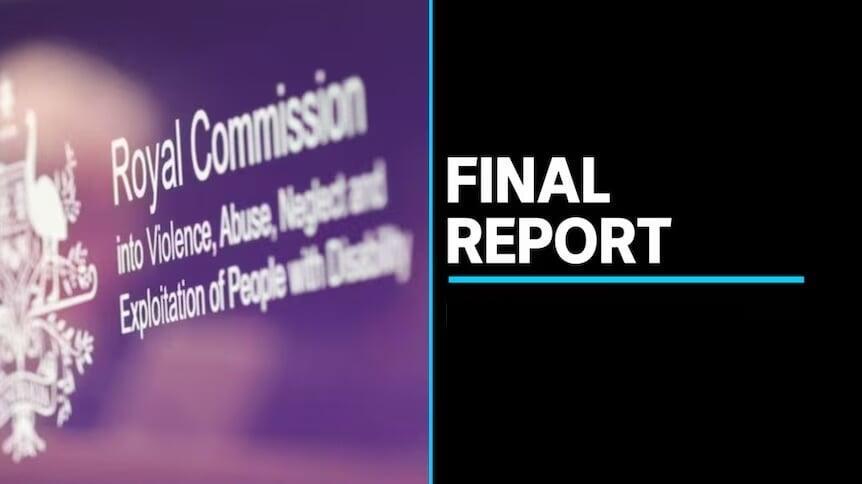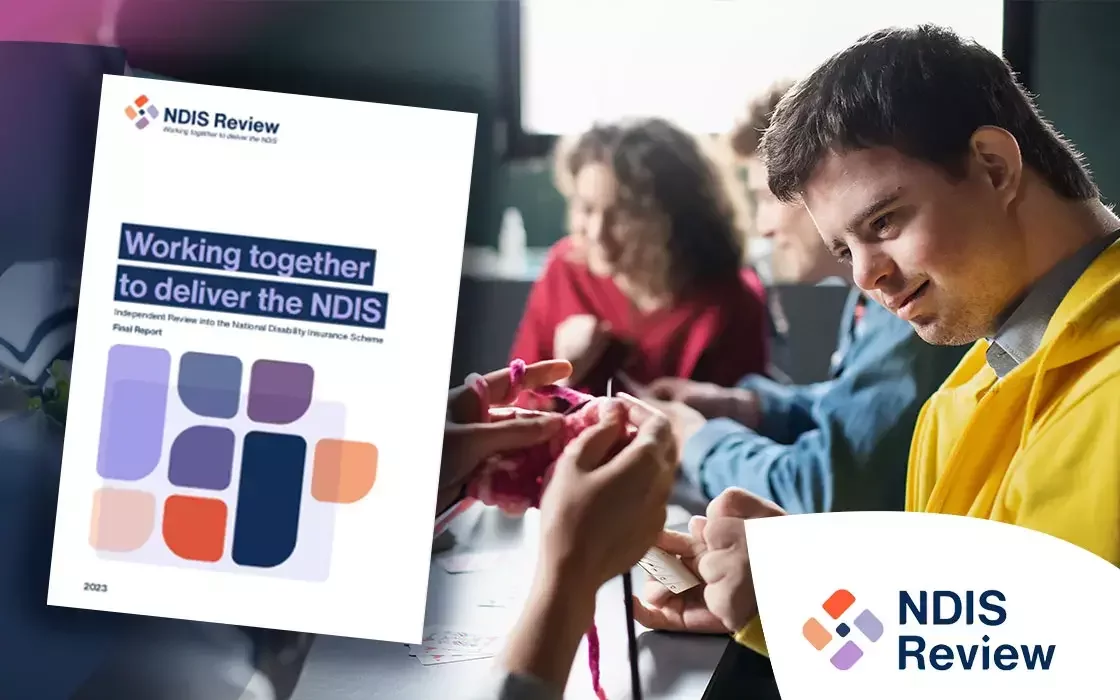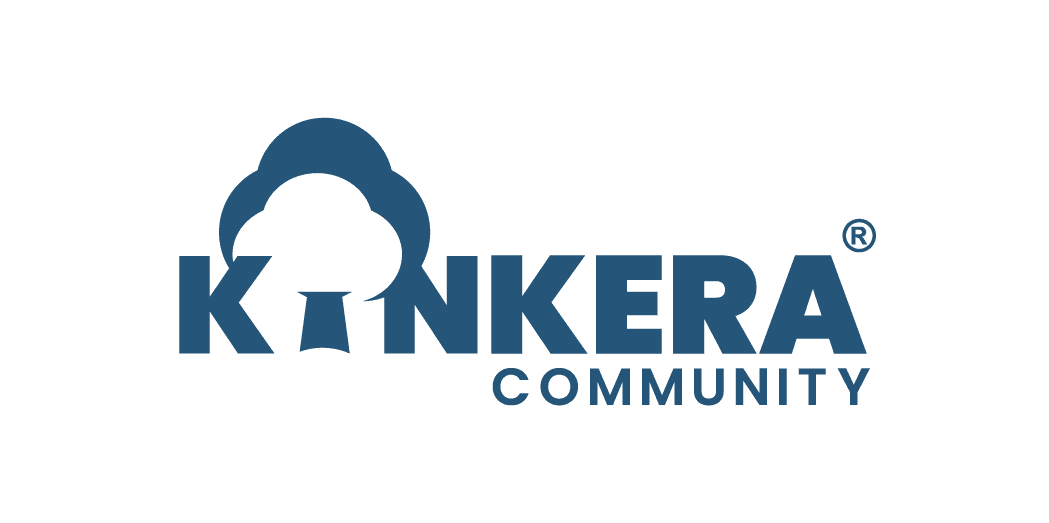Disability Royal Commission Report: 222 Recommendations for a More Inclusive Australia
Australia is at a crucial juncture following the release of the final report from the Royal Commission into Violence, Abuse, Neglect, and Exploitation of People with Disability. This comprehensive inquiry, supported by a $600 million investment and spanning over four years, outlines 222 key recommendations aimed at overhauling how the country supports individuals with disabilities.

Key Findings and Recommendations
1. Transition to Inclusive Education Systems
2. Strengthening Disability Rights Laws
To enhance protection, the report recommends the development of comprehensive disability rights laws. These laws should establish clear legal frameworks to safeguard against discrimination, ensure accessibility, and protect the human rights of people with disabilities across all sectors.
3. Setting Disability Employment Targets
4. Enhancing Accessible Housing Standards
5. Establishing Independent Oversight Bodies
6. Developing Specialized Support for Victims
7. Improving Accessibility in Public Spaces
8. Promoting Inclusive Employment Practices
The report advocates for the adoption of inclusive employment practices by employers. This includes implementing policies that support the recruitment, retention, and advancement of employees with disabilities, as well as providing reasonable accommodations.
9. Increasing Funding for Disability Services
The report highlights the necessity of increased funding for disability services. This includes expanding financial resources for direct support services, advocacy groups, and community-based programs that improve the quality of life for people with disabilities.
10. Enhancing Disability Awareness and Training
The commissioners recommend enhancing disability awareness and training programs for professionals across various sectors. This training should cover best practices for interacting with and supporting individuals with disabilities, aiming to foster a more inclusive and understanding environment.
11. Reforming Disability Support Programs
The report suggests a comprehensive review and overhaul of existing disability support programs. The goal is to ensure that these programs are effectively meeting the needs of individuals with disabilities and providing equitable support.
12. Strengthening Crisis Response Systems
To better support individuals in urgent situations, the report recommends improving crisis response systems. This includes developing specialized response teams and protocols to address emergencies involving people with disabilities swiftly and effectively.
13. Bolstering Disability Advocacy Services
The report calls for strengthening disability advocacy services to provide people with disabilities access to independent representation and support. This includes increasing funding and resources for advocacy organizations that help individuals navigate services and assert their rights.
14. Implementing Comprehensive Data Collection
The report emphasizes the need for improved data collection on disability-related issues. This includes gathering detailed data on service use, outcomes, and barriers to ensure that policies and programs are based on accurate and comprehensive information.
15. Ensuring High Standards for Care Services
16. Enhancing Community Awareness and Engagement
The report highlights the importance of increasing disability community awareness and engagement regarding disability issues. This includes public education campaigns to promote understanding and inclusivity, and community programs that support the integration of people with disabilities.
17. Improving Access to Health Services
The report suggests enhancing access to health services for individuals with disabilities. This includes improving the availability of specialized medical care, ensuring that healthcare facilities are accessible, and addressing barriers to receiving timely and appropriate treatment.
18. Supporting Families and Caregivers
Recognizing the role of families and caregivers, the report recommends providing better support for them. This includes access to respite care, financial assistance, and resources to help them manage caregiving responsibilities and maintain their well-being.
19. Strengthening Legal Protections Against Exploitation
The report calls for stronger disability legal protections to prevent the exploitation of people with disabilities. This includes updating laws and regulations to protect against financial, physical, and emotional abuse and ensuring that offenders are held accountable.
20. Launching Public Awareness Campaigns
To drive societal change, the commissioners recommend launching public disability awareness campaigns focused on disability issues. These campaigns should aim to challenge stereotypes, educate the public, and promote a more inclusive and empathetic society.
Government Response and Implementation
Social Services Minister Amanda Rishworth has acknowledged the extensive scope of the report and the need for a structured approach to implementation. A task force will be established to oversee the progress of these recommendations, with a comprehensive report expected in early 2025.
Calls for Immediate Action
The report has ignited calls for immediate action. Greens disability services spokesperson Jordon Steele-John has urged for urgent funding and the appointment of a dedicated minister to oversee the NDIS reforms. “The violence and abuse continue,” Steele-John emphasized. “Immediate action is required to address the injustices revealed by the royal commission.”
NDIS Minister Bill Shorten supports this perspective, framing the recommendations as a blueprint for a more inclusive Australia. “Investing in people with disability is both economically and socially beneficial,” Shorten stated. “We need to consider the broader benefits of inclusion beyond the immediate costs.”
Moving Forward
As Australia considers these recommendations, it is clear that achieving a more inclusive society will require commitment and collaboration across all sectors. The Royal Commission’s report not only charts a path towards greater inclusivity but also challenges everyone to rethink how we support and empower people with disabilities.

Key Federal Budget and Policy Updates
Shaping 2025
April 10, 2025 /
Key Federal Budget and Policy...

Your Guide to the NDIS STA Funding Reforms: October 4, 2024
October 22, 2024 /
Your Guide to the NDIS...

Disability Housing Reform: Addressing Systemic Gaps in the NDIS
October 8, 2024 /
Reforming Disability Housing: The
"Getting...


